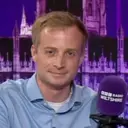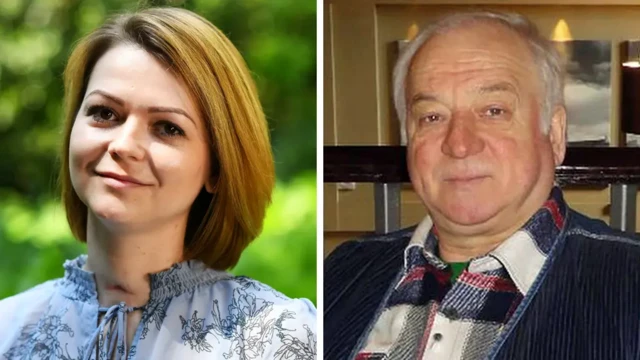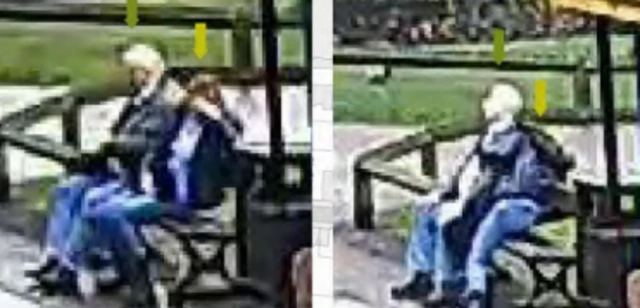Bailey's gloved hand might have come in contact with facepublished at 12:37 GMT 7 November 2024
Det Sgt Bailey is now being questioned by Adam Straw KC, who is asking questions on behalf of the Sturgess family
Straw asks Bailey about the misty goggles he had during the search of the house, to which Bailey says: "I can’t recall it clearly."
"They were steamed up - I would have adjusted them with one or both hands to clear, maybe to get some air and clear it or use my hand to wipe the inside lens," he said.
Asked by Straw if his gloved hand might have come into contact with his face, Bailey said "quite possibly".


